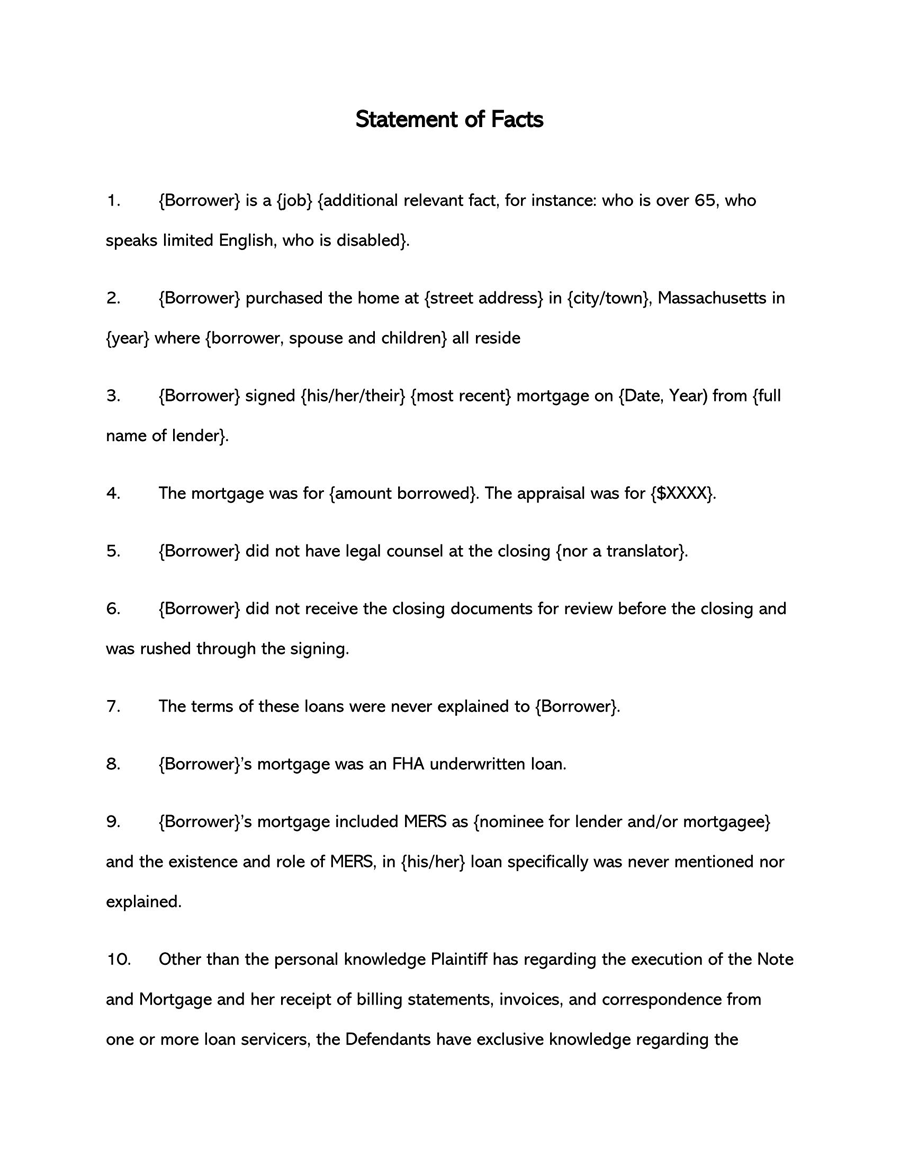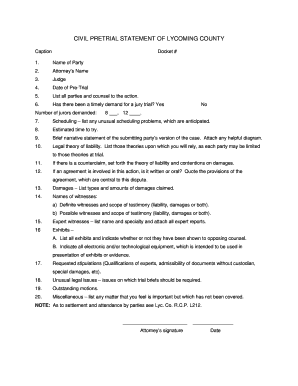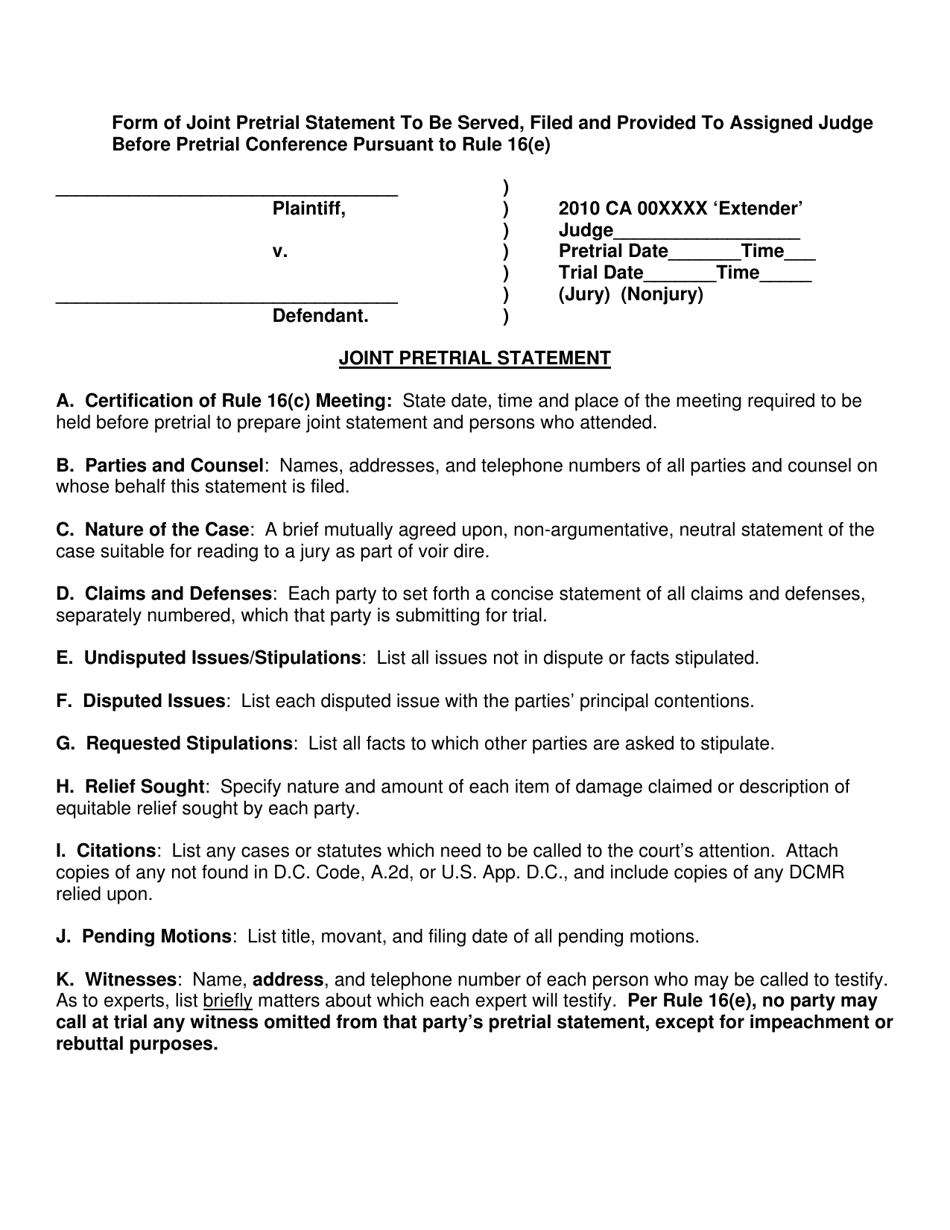Must is a modal verb. The meaning of must is be commanded or requested to. A must is something thats so important it cant be missed or ignored. When youre taking kayaking lessons, a lifejacket is a must. In this sense, must does not form a negative. It is followed by the base form of a verb. How to use must in a sentence. You must pay your dues. We usually use must to talk about obligations which come from the speaker and we generally use have (got) to when we refer to obligations … You use must to indicate that you think it is very important or necessary for … Used as an auxiliary to express obligation or compulsion:
Must Read: Joint Statement Regarding The Hatcher Family Case
Must is a modal verb. The meaning of must is be commanded or requested to. A must is something thats so important it cant be...



















